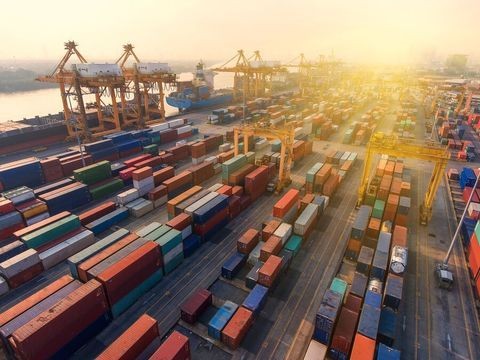EU Relents on Duty Free Status for Technology Products, But Limited Scale Will Result in Continued Litigation
Client Alert | 2 min read | 07.06.11
In June 2010, a World Trade Organization ("WTO") panel ruled that the European Union ("EU") improperly denied duty-free treatment to certain flat panel displays, multifunction devices and set top boxes in violation of the Information Technology Agreement ("ITA"). In October 2010, the EU confirmed that it intended to implement the rulings of the WTO panel report, and agreed to achieve full compliance by June 30, 2011, at the latest.
On 25 June 2011, the EU published a regulation providing for duty-free treatment for many multifunctional devices and set top boxes (the "Regulation"). Simultaneously, the EU published a withdrawal of explanatory notes to the EU customs tariff that had denied set-top boxes with a recording function duty-free treatment. In the meeting of the EU Customs Code Committee which approved the adoption of the regulation and changes to the explanatory notes, the Committee also approved a modification to the minutes of an earlier Committee meeting, in particular to statements that had put forward a multifunctional device's copying speed as the decisive criterion for its classification, unfairly resulting in the denial of duty-free treatment.
The limited scale of the EU's implementation of the WTO's panel report will likely result in continued litigation. First, the European institutions tried to minimize the actual impact of the Regulation by stating that "it shall have neither retroactive effect nor provide interpretative guidance on a retroactive basis." Similar statements accompanied the changes to the explanatory notes and the prior Committee meeting minutes. Second, the implementation does not extend to other information and communications technology ("ICT") products that are likewise covered by the ITA, but were not subject to the WTO proceedings. The scope of the ITA is broad, providing for duty-free treatment by signatories for a wide range of ICT products, and the principles applied by the WTO panel to the tariff treatment of those three products also apply to the tariff treatment of other ICT products.
In these circumstances, importers of ICT products entitled to ITA duty-free treatment should not wait for further guidance to be issued by the EU for the national customs authorities in EU Member States. Such guidance is promised before the end of 2011, but every indication is that it will be as restrictive in its scope and interpretation as the measures implementing the WTO panel report. Instead, importers should now seek legal advice to secure duty-free treatment and explore the possibility of refunds for duties paid for prior imports.
Contacts
Insights
Client Alert | 6 min read | 09.11.25
U.S. Department of Commerce Partially Relaxes Export Controls on Syria
On August 28, the U.S. Department of Commerce Bureau of Industry and Security (BIS) published a final rule that modifies the Export Administration Regulations (EAR) to reduce the number of export control restrictions on Syria, in alignment with Executive Order 14312, Providing For The Revocation of Syria Sanctions. The key adjustments made by this rule include the addition of new or expanded license exception eligibility for exports and reexports to Syria (which significantly broadens the number of items that can be exported or reexported to Syria) and the adoption of more permissive license review policies for exports and reexports to Syria.
Client Alert | 9 min read | 09.11.25
Client Alert | 1 min read | 09.10.25
Client Alert | 7 min read | 09.10.25




